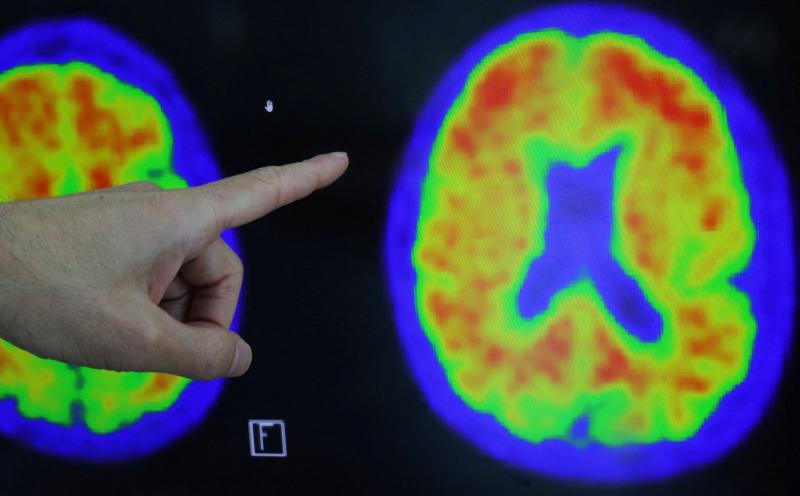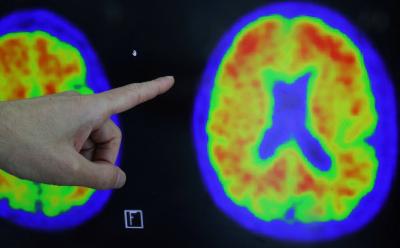Researchers in the United States have discovered a new method that could pave the way for efforts to eradicate Alzheimer’s disease. A study conducted by researchers from the University of California showed that stem cell transplants could help combat the symptoms associated with Alzheimer’s.
The researchers carried out a study on mice afflicted with Alzheimer’s, where they transplanted healthy stem cells. They found that this procedure contributed to improvements in memory and cognitive functions, as well as a reduction in neuroinflammation and the accumulation of harmful beta-amyloid protein.
Commenting on the study, its lead author and professor at the University of California's medical school, Stephanie Cherqui, stated, "Alzheimer’s disease is extremely complex, so any potential treatment must be able to target multiple biological pathways. Our work shows that transplanting hematopoietic and neuronal precursor stem cells has the potential to prevent complications from Alzheimer’s disease and could be a promising therapeutic approach for it."
The potential success of this treatment depends on its effect on microglial cells, a type of immune cell in the brain, whose inflammation causes the production of beta-amyloid protein. This protein contributes to the development of Alzheimer’s by affecting brain cells and disrupting blood flow to them, as reported by the medical journal Cell Reports.
According to the researchers, stem cell transplants may facilitate the generation of new and healthy microglial cells, thereby reducing the progression of Alzheimer’s disease and its symptoms. The researchers called for further future studies to delve into the underlying mechanisms behind the treatment's effectiveness and to explore the possibility of translating these results to humans suffering from Alzheimer’s.




